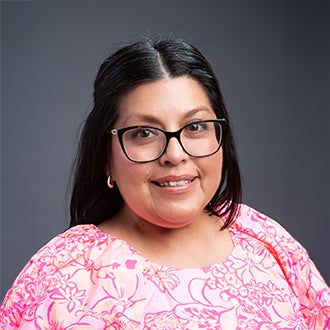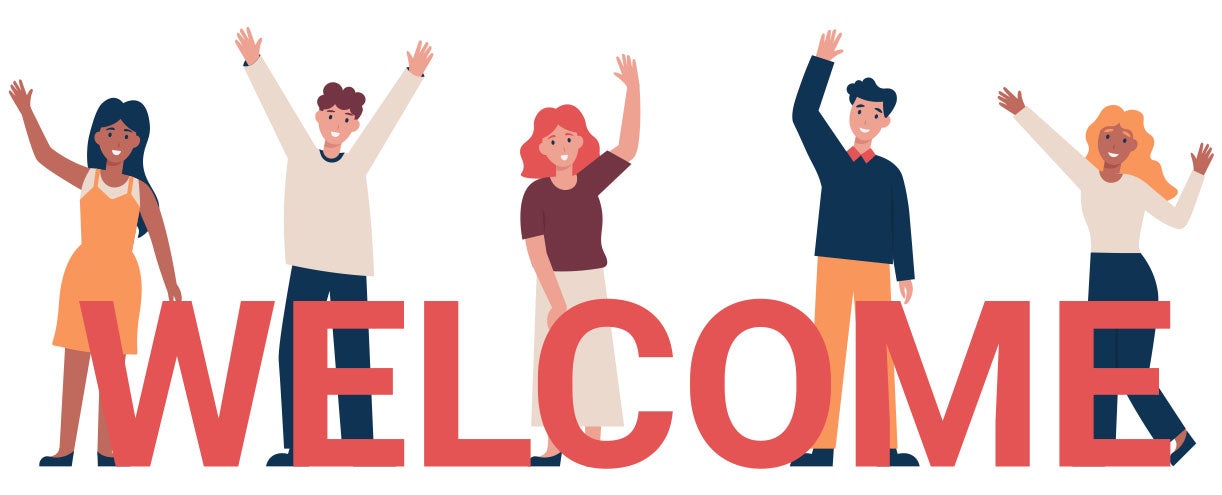A Social Contract for Your Team of 8: A Good Governance Roadmap
Sometimes it seems like good governance is easier said than done. You cover a dizzying variety of topics sitting on the school board. Keeping up with that is a job in itself. Making sure things run smoothly — good governance — is made easier when your team can count on a foundation of shared values.
This foundation is often called a social contract. The origins of social contracts date back to the 16th century, but in short, a social contract is an implicit agreement among members of a society to cooperate for the better good.
A social contract embodies the essential elements of high functioning teams. These elements, which set the foundation for good governance, include:
- Accountability
- Shared leadership
- One vision
- Alignment
- Transparency
The board and superintendent — your team of eight — designs the framework of expectations on how your group can clearly and effectively operate together. This framework ensures that everyone knows what is expected of them and the rest of the group. It allows us to hold ourselves and each other accountable and demonstrate responsibility to the team.
A social contract is a set of norms a group follows. In the case of your team of eight, you need to each individually answer these four questions:
- How do you want to be treated by the leader?
- How do you want to be treated by each other?
- How do you think the leader wants to be treated by you?
- How do we want to treat each other when there is conflict?
By answering and discussing these four vital questions, everyone is clear on the expectations moving forward.
When you examine the individual responses, you’ll probably find some overlap and commonalities. Having a conversation about the response helps the members of your team identify shared or disparate values, understand each other’s unique personalities, and learn how to become a more effective team.
This is where having an outside facilitator can be key. They’re able to identify common themes that emerge —ones the group is sometimes too close to, to see. They can help the group determine the value statements that reflect the group.
As research shows, unified teams with a common vision can easily translate to increased student achievement. Outlining your expectations for yourself, and allowing each board member to do the same, sets the foundation necessary to work with unity of purpose. You can put these expectations in writing and read the social contract at board meetings to remind your team of its commitments.
Think about accessibility, collaboration, and effectiveness as you develop a social contract for your school board.
Your School Board’s Social Contract Should Be Easily Accessible
It’s a good practice to provide each board member with a copy of the social contract and to post it in the boardroom. It can also be included on your district website, like Hays County CISD did, to inform your community of the board’s commitment to one another, the district, and the people they serve.
It’s also helpful to reiterate the importance of this contract by having a different board member read it aloud at the start of each meeting. Reading the social contract at board meetings serves as a good reminder, particularly when a board faces sensitive issues where not all of its members agree, and helps the team reflect and focus on the expectations to which they agreed. Bottom line, it’s a reminder that the team can work together with respect toward a common goal.
Your School Board’s Social Contract Should Be Created Collaboratively
Every member of your team has something valuable to contribute to a discussion. It’s important to provide an opportunity for every member to engage — having clear discussions about the answers to the questions helps the team better understand one another’s personalities, philosophies, and mindsets.
“The board is a team; you may not like the team; you may have even campaigned against some of the team, but it’s your team now, and it wins or loses for children as a team. If the board succeeds, you succeed; if the board fails, you fail,” Davis Campbell and Michael Fullan wrote in The Governance Core.
Your School Board’s Social Contract Is Only as Effective as Its Participants
A social contract is effective only if every member feels valued and heard in the process. If someone on the team is not living up to the expectations adopted in the social contract, it’s time to have some crucial conversations. Team members can hold each other accountable through reminders and by modeling the established expectations.
If team members are not respecting the social contract, it may be necessary to engage in offline conversations to bring the group back to its core values. A board should review its social contract at least every year to discuss possible changes.
Most board members run for office because they want to serve their students and district while making their community stronger. Building a foundation of trust on which a team can work as a cohesive, united, aligned group with a shared moral imperative makes anything possible.

Esperanza Orosco
Esperanza Orosco has been a Board Development Services consultant since 2021. Before joining TASB, Orosco was a Hays CISD certified bilingual teacher with more than 11 years’ experience. She is currently a member of the Hays CISD Board of Trustees and has served as president, vice president, and secretary.
As a board development consultant, Orosco facilitates the Board Officer Institute, sharing her expertise on topics including team building, goal setting, superintendent evaluation, social contracts, board operating procedures, Robert’s Rules of Order, and implementing employee-friendly policies and initiatives. She also provides guidance on the role of board officers and how to conduct effective and efficient board meetings. As part of her consulting work, she has mentored and coached board members and teachers.
Orosco earned her bachelor’s degree in history from the University of the Incarnate Word and a Master of Education in elementary education from Texas State University. She is a staunch supporter of public education.





